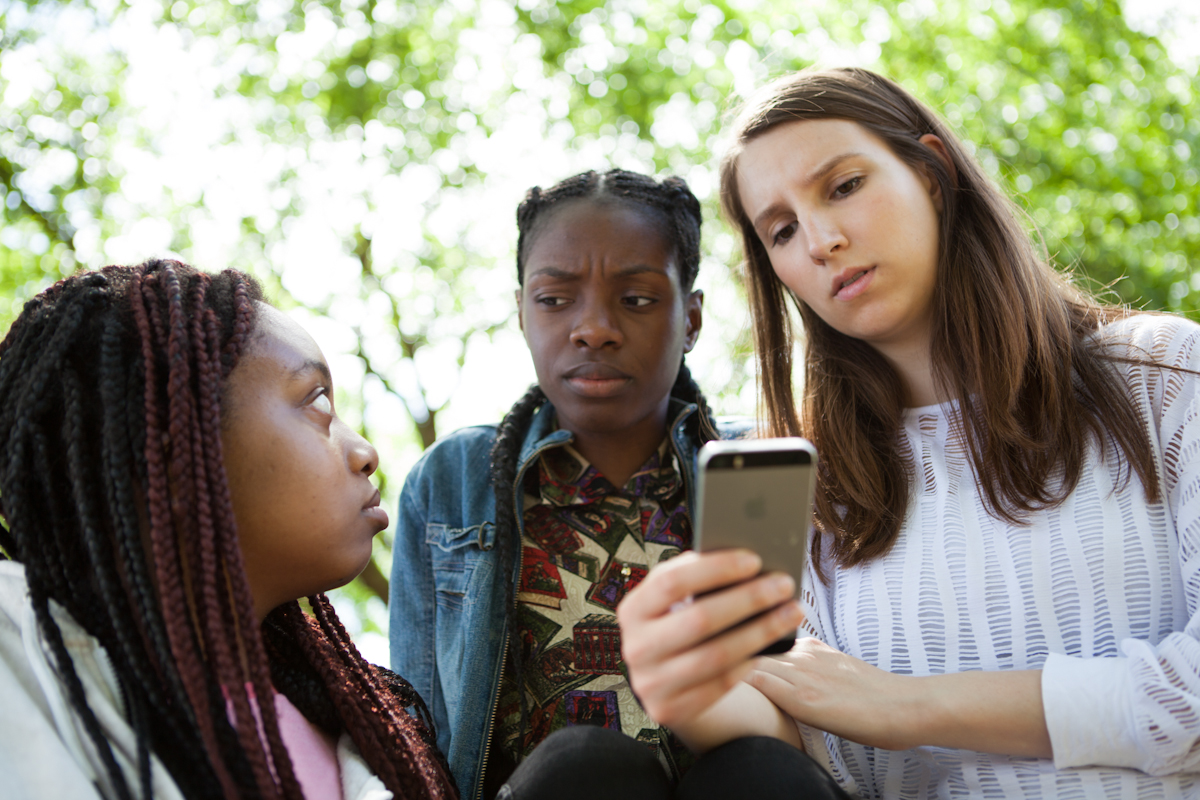What you need to know about "Staying safe online & on your phone"
The internet can be a great place – a place of information, of social networking and a chance to meet new people. However, the internet can also be dangerous if you end up talking to the wrong person or sharing too much information.
Try not to put any information about yourself online that would let people be able to find you, such as your full name or address or what school you go to, what places you hang out, or your phone number. These are all things that could let someone find you and that could mean that you end up in danger.
If you are talking to someone, make sure that they are who they say they are. You can test this kind of thing by asking them to write down something unique on a piece of paper (such as your name and today’s date) and show you them holding it over web-cam – something like this can help you know the pictures and webcam footage you are seeing isn’t stolen from other people.
Being safe on your phone is something you really have to consider now that most people have smart phones – they are a lot more interactive than phones used to be. There are lots of things to think of, like making sure you don’t give your number to anyone who may harass you or be abusive over texts or phone calls, and also that you are not pressured by anyone to do anything inappropriate on your phone, like sending sexual images of yourself or “sexting” (writing sexual text messages) if you are underage. Another safety measure to take on your smart phone would be to turn off your location services, because otherwise people can see where you are when you send messages on sites like Facebook, which could make you unsafe.

We hope what you see here helps. If you are feeling like running away or are away from home, we are here to listen.
Call or Text 116 000. Free and confidential.
- 1-2-1 chat Chat with us
- 116 000 Text Free
- 116 000 Phone Free
- 116000@runawayhelpline.org.uk Email Us

